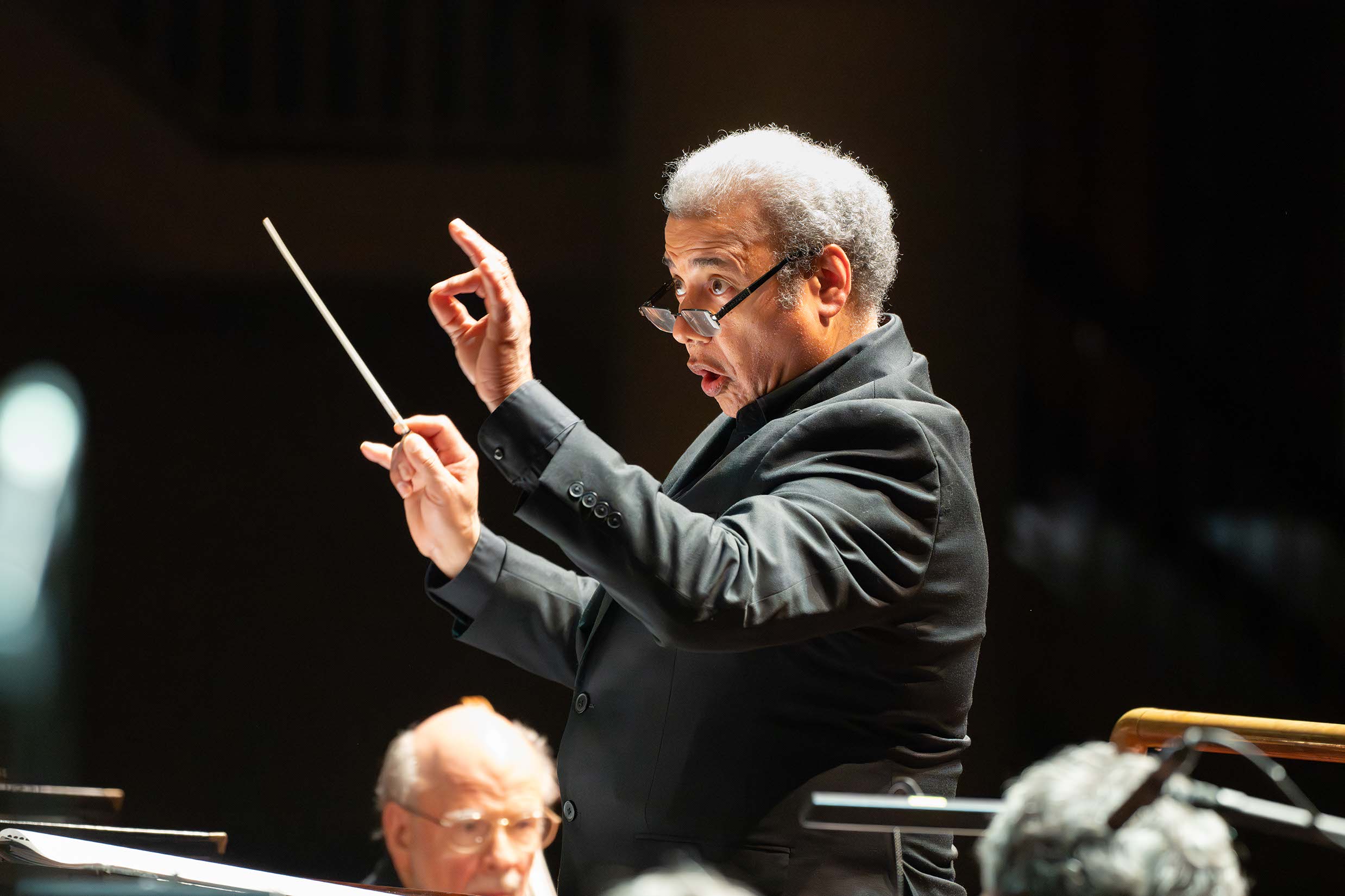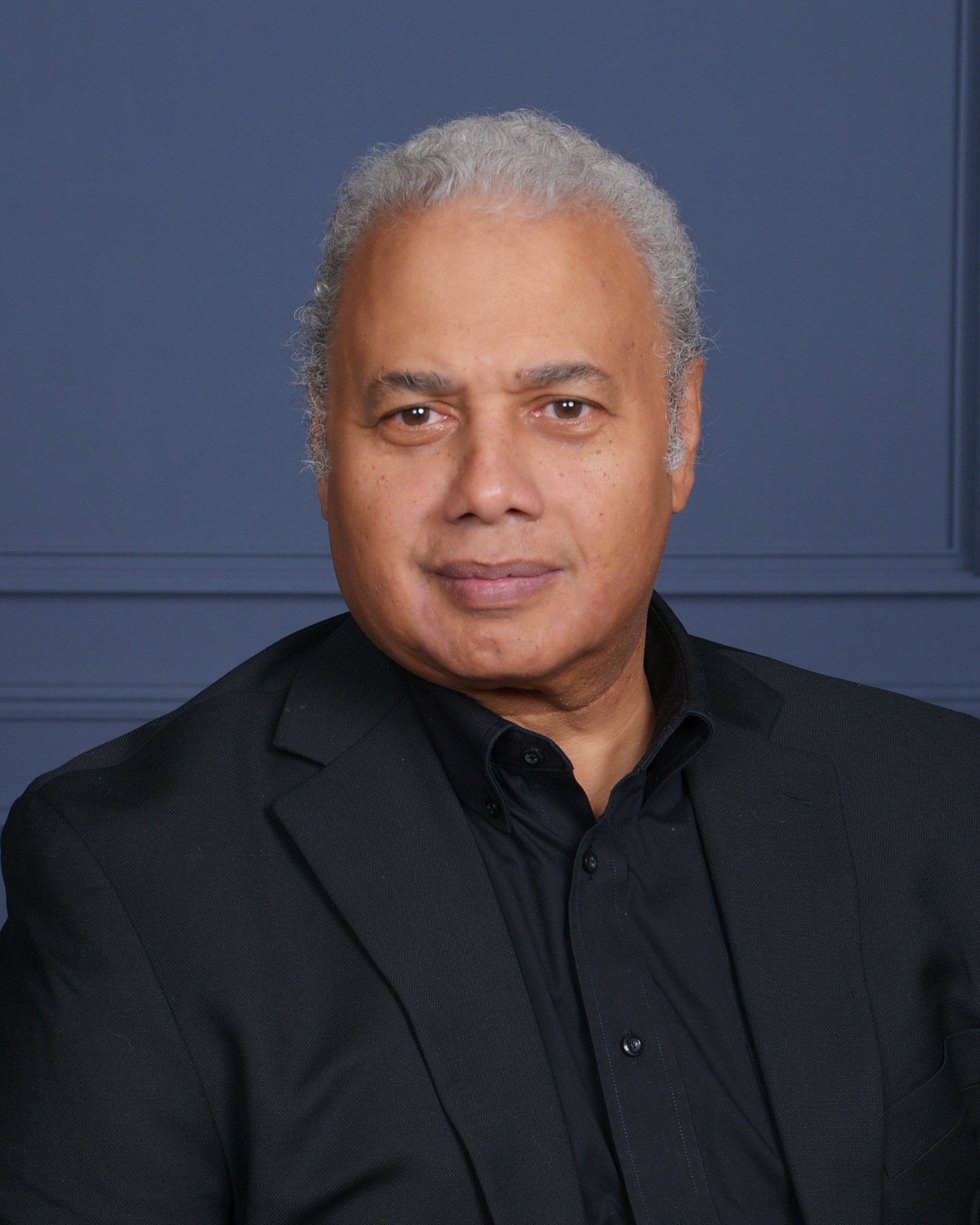We recently connected with Kevin Scott and have shared our conversation below.
Alright, Kevin thanks for taking the time to share your stories and insights with us today. We’d love to hear about when you first realized that you wanted to pursue a creative path professionally.
This is a tough one to answer, as I wanted to pursue several paths before I got involved with music, among them being an American history teacher, and also an author of plays and books, but somehow music has always been a major component in my life.
The first recollections of hearing music was when I was living in Harlem, and my father was a big jazz aficionado, so I heard recordings by Miles Davis, Charlie Parker, Dave Brubeck, John Coltrane, Dinah Washington, Dionne Warwick, Johnny Hartman and many others, and this was indeed an ear opener when it came to this side of music. Later on, I would listen to Johnny Mathis, Frank Sinatra and Ella Fitzgerald, but growing up in the 60s I also encountered rock, folk, rhythm ‘n blues, Motown and soul music and the many wonderful artists that also fired my listening buds.
But classical? I found that path myself.
Like many kids, you heard classical music by way of watching Bugs Bunny cartoons where Carl Stalling would incorporate the music of Richard Wagner in his work, and I also heard the Galop from Bizet’s Jeux d’Enfants suite as it was used to introduce cartoons on Saturday mornings. Yet the piece that really struck me was the scherzo from Beethoven’s ninth symphony, which was played every evening at the end of NBC’s Huntley-Brinkley Report. At six years of age I tuned in the television set at around 7:25 just to hear that piece, but…I didn’t know what it was, and neither did my parents. Only years later after I bought a recording of the symphony and heard that movement did I know what it was.
Well…somehow I got more and more into classical music, partially because we were taken on class trips to hear pieces at Carnegie Hall, and music appreciation classes in the sixth grade introduced me to operas by Verdi and Puccini, and the symphonic repertoire of the 18th and 19th centuries. If we were exposed to anything of the 20th, it was George Gershwin that ruled the roost, but nothing more adventurous than that. No Stravinsky, Debussy, Bartok, Schoenberg…not even Mahler! One had to find out about those pieces by way of seeing Stanley Kubrick’s 2001: A Space Odyssey where I heard the music of Gyorgy Ligeti for the first time!
Somehow, more and more I found the pieces I heard on radio and television commercials as background music once I started getting into classical music – the finale of Brahms’ violin concerto, Tchaikovsky’s 1812 Overture (the commercial had cereal fired from a cannon!), and even Beethoven’s fifth symphony found its way into my life. Even our junior high school orchestra playing “The Young Prince and Princess” from Rimsky-Korsakov’s Scheherazade drew me in (I kept asking my friends “Who is this Rimsky and Korsakov??”)
But my father was not pleased with the music I was drawn too. Highbrow stuff, not the music of our Black heritage, music that sounded confounding to the ear and mind, such as Mahler. But it was in ninth grade that I found my calling to be a composer.
I was in the chorus in junior high school, and our teacher programmed a song about love and peace for our spring concert. After hearing it, I immediately found myself disliking it, and made no bones about it to my teacher, stating that I refuse to sing this song.
“You will sing this song or you will fail” was her response.
“I’ll sing it, but I won’t like it!” was my retort.
Soooo, come the evening of the concert as we got on our risers, I immediately prayed to God, saying “Lord, let me get through this night, but after it’s over I would like to become a composer so I write music better than this.” And that was my beginning as a composer.
When I got to high school, I tried to write music on my own, knowing what F-A-C-E was in the spaces of the stave, and E-G=B-D-F was on the lines, but I didn’t have manuscript paper, so I drew lines on my looseleaf paper and eventually showed my first “opus” to the boys’ dean who was also the choirmaster at the school. He immediately gave me a book about music notation and to learn from that, which I did. I also picked up books on harmony, counterpoint and orchestration.
Pursuing conducting was another matter. Seeing several conductors, notably Leonard Bernstein and Pierre Boulez when they were conducting the New York Philharmonic, I decided to try and learn the craft. I found a book about conducting technique and started to practice it by looking into the mirror and doing the movements. Later on, I would follow recordings, and eventually wind up getting scores of these pieces from the Fordham Road Library in The Bronx and the Lincoln Center Library in Manhattan. It was not easy learning this, but eventually the band and orchestra directors in my high school allowed me to conduct them from time to time. This was the path that led me to want to conduct, and I didn’t turn back.
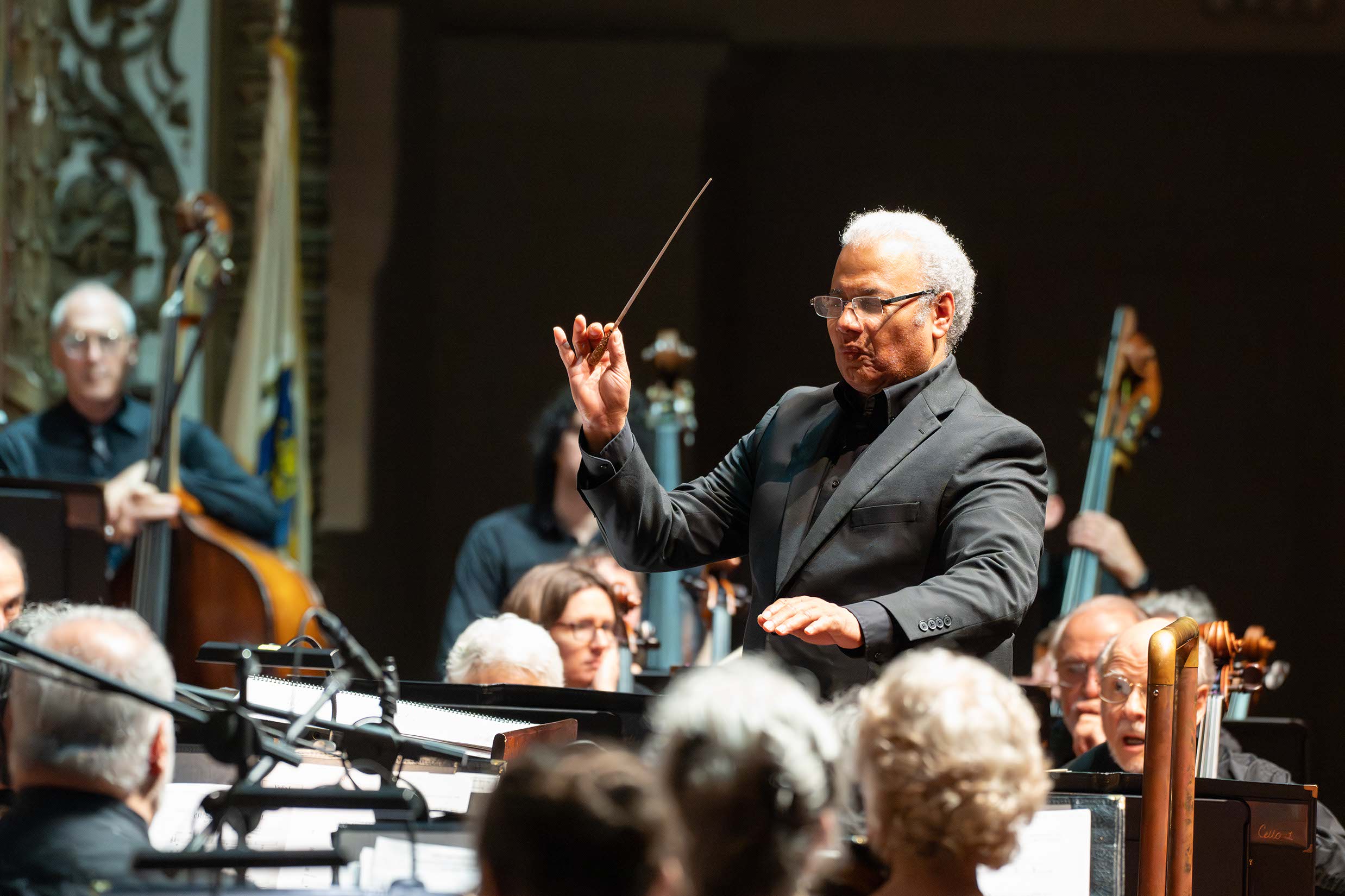
Awesome – so before we get into the rest of our questions, can you briefly introduce yourself to our readers.
Not knowing a whole lot of people is never easy for someone who hungers to be in the business they seek to be a part of, but part of this is to make yourself known in many ways. Back in the day when computers were these big thingamabobs that used open-reel tapes and took up a ton of room in corporate offices (as we see in goodness-knows-how-many-films one sees in the 1950s through the 1970s), you literally had to either send out resumes by mail, or simply network with folks. The procedure for networking hasn’t changed, nor ever will, but if you want to be seen you simply went to events with the hope of meeting that known person and have them get to know you.
Sometimes it works, sometimes not. Many folks don’t do their homework, and I had to learn the hard way. You meet someone you believe will open doors for you, only to find out they might not want to know you. Why? You’re not their idea, and in this business of music you have to start growing some thick skin.
As a composer and conductor, I made sure that I would not be like those who give you lip service and say they will look at your music, only to find out that they never do nor ever will, because you aren’t their idea.
Being proud of my accomplishments is a hard thing to ask. If you ask me which accomplishments I am proud of as a composer, I have several works of mine that I feel are my strongest works, such as my incidental music to a theatrical adaptation of Ben-Hur for which I adapted the music as a symphonic suite, my seventh string quartet which has yet to receive a world premiere, my orchestral work Fanfare G.A.F.,: An American Overture that I composed celebrating Geraldine Ferraro’s nomination as a vice-presidential candidate in 1984, my Anne Brontë songs for mezzo-soprano, one of which was premiered by Madison Marie McIntosh, and three of my film scores, namely The Avatar and the Neophyte from 1978, Fragments of a Journey from 1981 and my recent score Hollywood Nights which is a British comedy-murder mystery set in a high school in the 1980s.
Yet as a conductor somewhat less, maybe because I am a bit too critical of what I have done on the podium, but the performances I have led with several orchestras, concert bands, choruses and opera companies that I have enjoyed continue to resonate with me, but also reflect on how I continue in persevering to improve and refine not only my approach to music but to musicians and the audience as well.
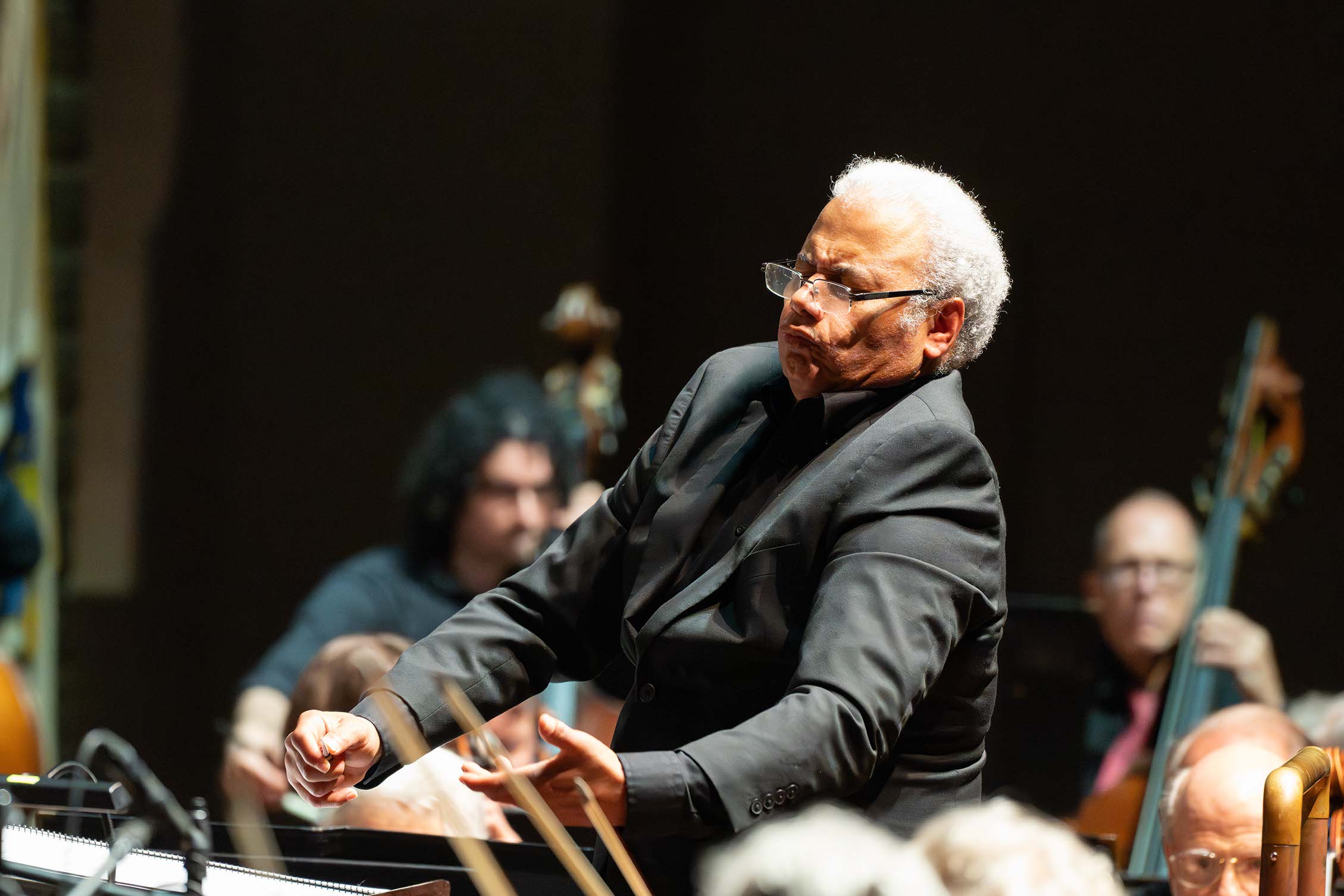
We’d love to hear a story of resilience from your journey.
I think the story I can share is basically the one where you always meet people who have their doubts about your talents. In the past, as well as the present, I always encounter that person who feels that I can’t deliver on whatever I offer, whether as composer or conductor, and at first that bothered me deeply, but letting their words and thoughts get to me festers within me to prove that I have to better myself for myself and let others see that refinement in my presentation. But the most important part of this is simply to be myself and not pretend to be either what they expect of me or what society deigns me to be in order to be accepted.
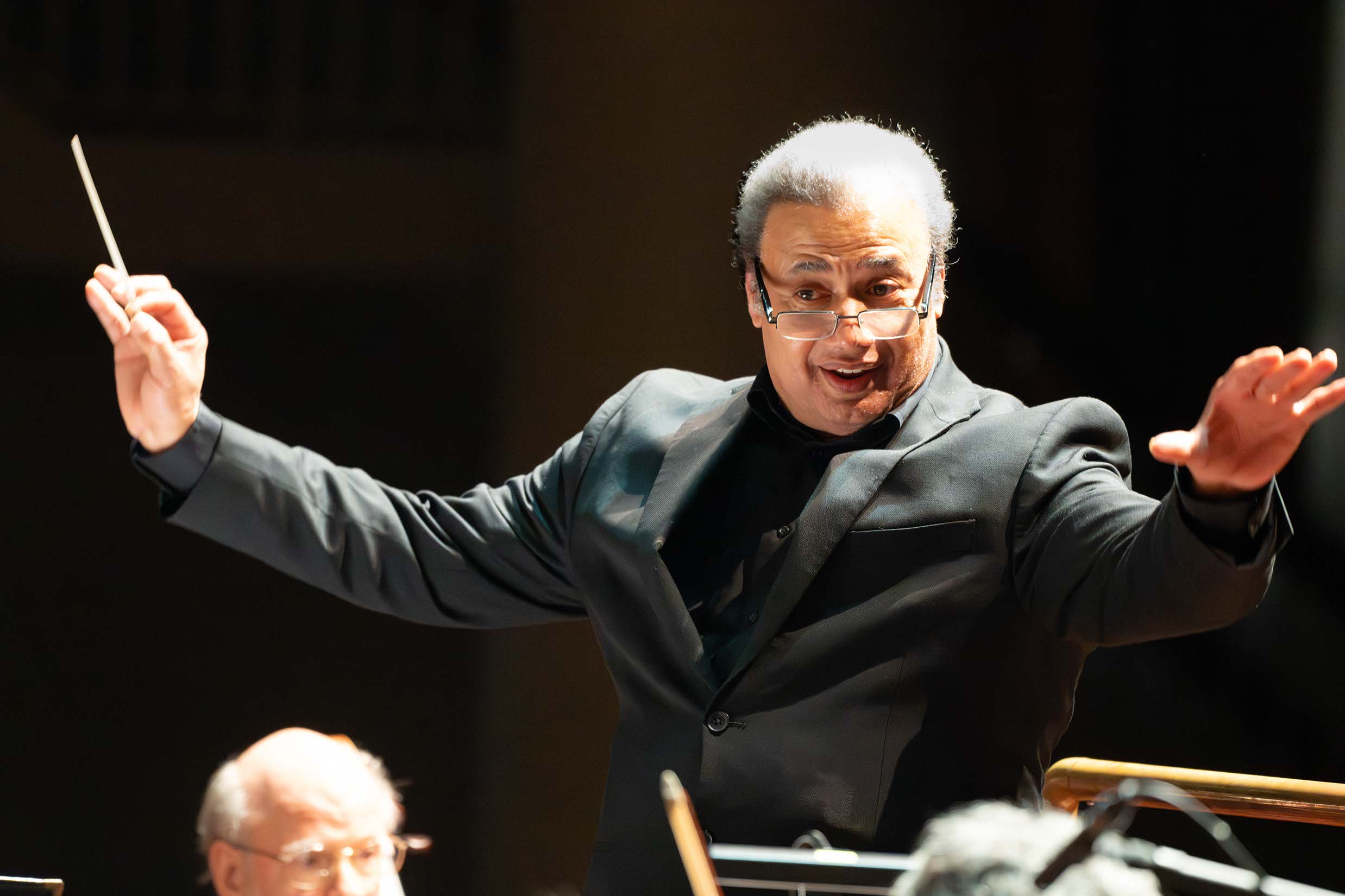
Is there a particular goal or mission driving your creative journey?
To always be a champion for those who don’t get the chance to be heard. I relate to this because I feel I’m one of those who always doesn’t get the opportunity to be heard, either as composer or conductor. I want to see the unknown become known, the ignored get noticed, and the forgotten voices of all times to receive their remembrance.
Contact Info:
- Website: https://klscottmusic.wordpress.com
- Facebook: https://www.facebook.com/kevin.scott.14661
- Youtube: https://www.youtube.com/@klscomus
- Soundcloud: https://soundcloud.com/klscomus
